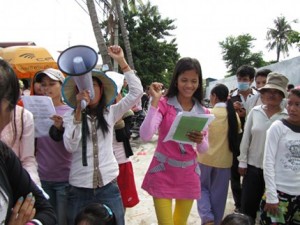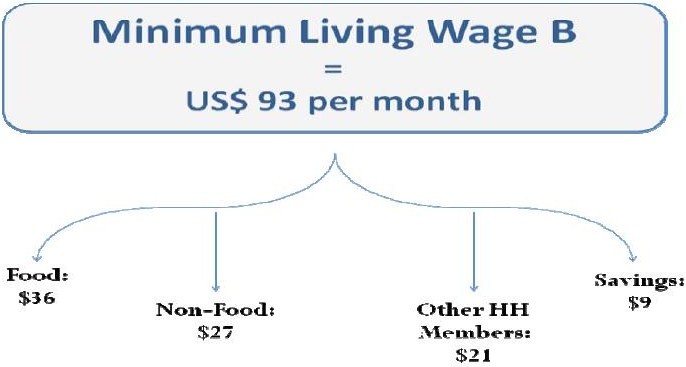
“The action taken by Cambodian workers does not stand alone. Across Asia, workers are contesting poverty wages and deplorable working conditions.” (CCC)
The Observatory for the Protection of Human Rights Defenders, a joint programme of the International Federation for Human Rights (FIDH) and the World Organisation Against Torture (OMCT), are calling for action, requesting an urgent intervention in Cambodia.
“In recent months, worker stoppage and demonstration are happening in Bangladesh, Burma, China, and Vietnam, which underlines the necessity for brands and retailers to start working on a living wage.” (CCC)
According to their report, Cambodian garment workers went ahead with an organized strike (scheduled and announced to appropriate parties, 2 months in advance) on September 13th. The strike was called off on the 16th when the government invited unions to a negotiations meeting, schedule for next week (September 27th).
Unfortunately, the Clean Clothes Campaign (CCC) fears that labour rights activists in Cambodian face judicial threats, calling for the employer association and the Cambodian Government to “cease any interference with, threats against and intimidation of trade unionist.” (CCC)
Research out of the Cambodia Institute for Development Studies shows that a wage increase to US$ 93 is necessary to cover the workers basic needs, concluding the following:
The current effective wage in the garment industry of US$79 per month, which includes overtime and other allowances, is not a living wage (as shown in Figure 9). If we exclude overtime, which is currently being reduced by factories at the moment because of the economic crisis, the average effective wage is US$67 per month. Overtime has played a very important role in enabling workers to cover their basic expenses and maintain a minimum living standard. This practice means that the living standard of garment workers is highly dependent on the economic situation. If the economy is in a good state, they get overtime, and their living standards improve; if the economy is in a bad state, overtime is reduced and the living standards of workers deteriorate even if they are employed. This set up provides no security for a decent living standard, which undermines industrial relations and the stability of the garment industry. To make the environment conducive for both employers and workers, there is an urgency to institutionalize the living wage, which should not be dependent on overtime.
According to our survey and calculations, the living wage of garment workers should range from at least US$90 per month to US$120 per month.
(Source: Cambodia Institute for Development Studies)
The International Federation for Human Rights is calling for action: click here for details.





